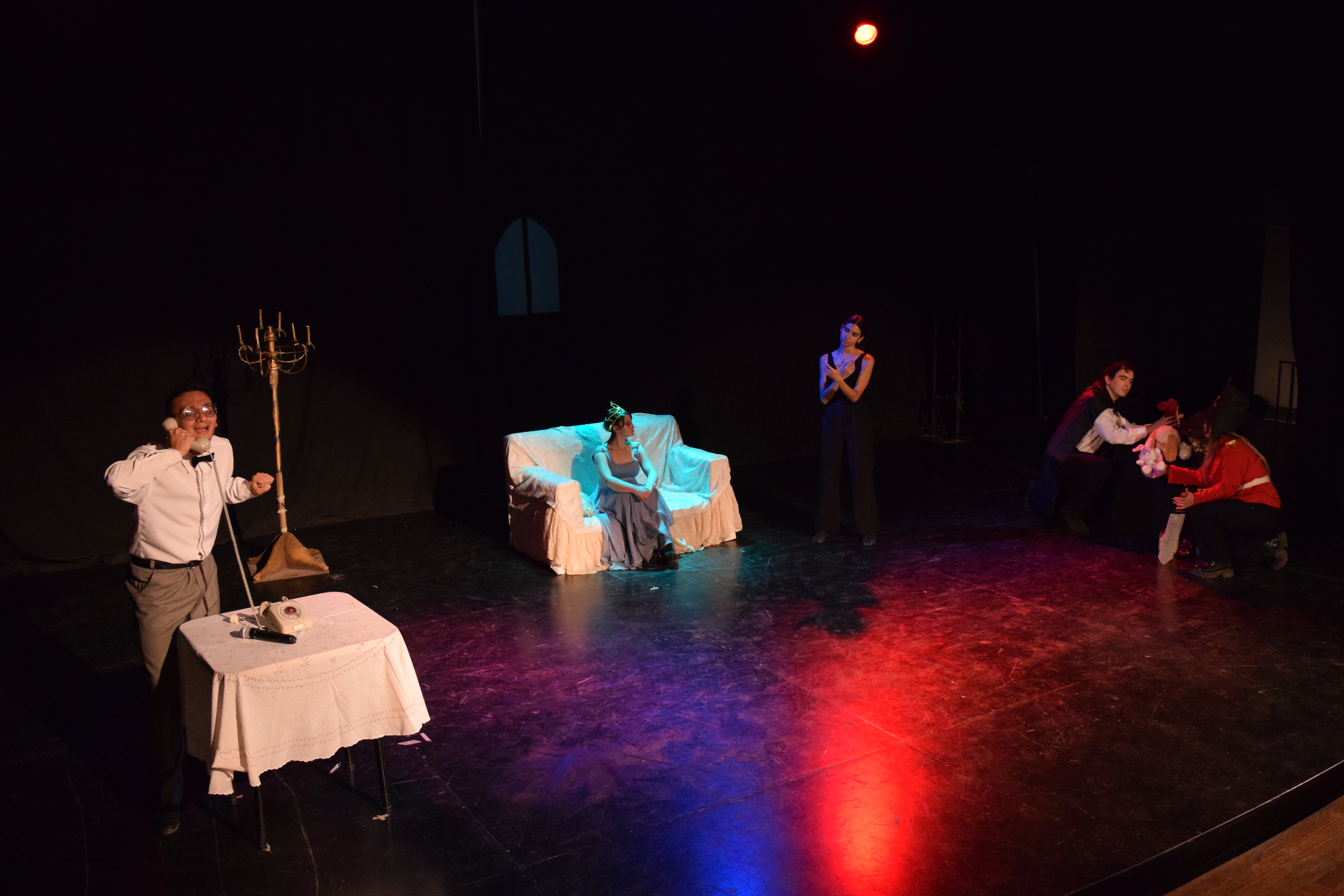Abstract
This article introduces the results of the investigation: Make Theater for de social education. Methodology Autoficcional for the Creation of Didactic Theater. The project studies didactic work as a dramatic genre and proposes a new technique for the creation of didactic pieces. The theory uses autofiction to find the creative detonator of the work, and consolidate creations that challenge, question, and break belief systems of oppressive environments for the subjects in question. This approach implies carrying out a process of didactic transposition, in which the life of a subject is transformed into teaching content, which, through a process of poeticization, is brought to the scene to fulfill an educational purpose. The goal of this research is to promote reflection scenarios in two communities through the creation of didactic works mediated by autofiction. To do this, it relies on Paulo Freire's Critical Pedagogy and Giroux's Frontier Pedagogy, who conceived education as an emancipatory process. Therefore, the creators and spectators of didactic pieces must assume the challenge of social change, that is, that they are spectator-actors in their own contexts. The methodology used is Pedagogical Action Research, because the analysis is based on the device for the creation of didactic works, in order to configure and reconfigure the proposed technique so that it can be applied in differentiated educational settings. The implementation occurs in an international context (Universidad Nacional de Cuyo in Argentina), in order to validate the application versatility of the device. The main result of the research is an alternative and innovative proposal to create didactic pieces, on which any dramatic art professional can rely to direct creative processes with an educational approach.
References
Alcarraz, B. (2012). Las fases metodológicas de la investigación acción pedagógica. Deconstruye, reconstruye y evalúa nuestra práctica pedagógica. Artículo académico.
Blanco, S. (2018). Autoficción. Una ingeniería del yo. Punto de vista editores. España.
Cáceres, P. (2003). Análisis Cualitativo de Contenido: Una Alternativa Metodológica Alcanzable. Pontifica Universidad Católica de Valparaíso. Viña del Mar, Chile.
Cardoso, G. (2008). Los medios de comunicación en la sociedad en red. Editorial UOC. Barcelona, España.
Chevallard, Y. (1988). La transposición didáctica. Del saber sabio al saber enseñado. Psicología cognitiva y educación.
ConecTEA, (2019). El ruido y el autismo. Compañeros de viaje en el TEA. Web. https://www.fundacionconectea.org/2019/12/18/el-ruido-y-el-autismo-companeros-de-viaje-en-el-tea/
Diéguez, I. (2010). Desmontando escenas: Estrategias performativas de investigación y creación. Telón de fondo. Revista de teoría y crítica teatral. Universidad Autónoma Metropolitana. México.
Elliott, J. (1993). El cambio educativo desde la investigación-acción, Madrid: Morata.
Restrepo, B. (2003). La investigación-acción educativa y la construcción de saber pedagógico. Educación y Educadores. Vol. 7. Universidad de la Sabana. Colombia.
Rivera, V. (1993). La composición dramática. Estructura y cánones de los siete géneros. (Cuarta edición). Ciudad de México: Escenología.
Sandoval, C. (1997) Investigación Cualitativa. Serie Especialización en Teoría Métodos y Técnicas de Investigación Social. Bogotá, Colombia.
Strauss, A., & Corbin, J. (2016). Bases de la investigación cualitativa- técnicas y procedimientos para desarrollar la teoría fundamentada. Universidad de Antioquia.

This work is licensed under a Creative Commons Attribution-NonCommercial-ShareAlike 4.0 International License.
Copyright (c) 2024 Papel Escena


